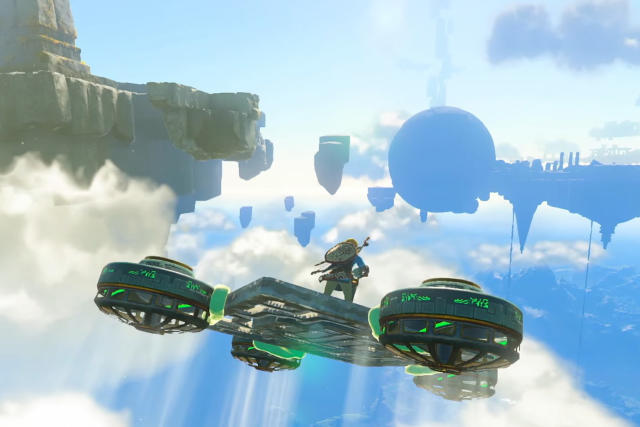That’s All Folks: My Defense and a Few Final Thoughts

I defended my dissertation on Friday, and it went great. I was incredibly nervous leading up to it, but once the discussion started, I relaxed and actually had a really good time. I got a lot of kind words, especially for bringing together art history and video games in the way I did. Of course, there was also some critique, and rightly so. While I naturally have my own views on these points, I’ll share a few reflections here. Just a heads-up: these are based on my own memory, and I didn’t take notes during the defense, so others might remember things a bit differently. That said: I passed, and the examining committee was unanimous in their approval. That’s what matters most! 1. The theory chapter is weak Yes, fair enough. A lot of the theory I work with shows up later in the book, rather than being neatly presented in the introductory chapter, as the traditional dissertation format dictates. Typically, you’re expected to lay out the theory first and then “apply” it in the analysis. I ...













